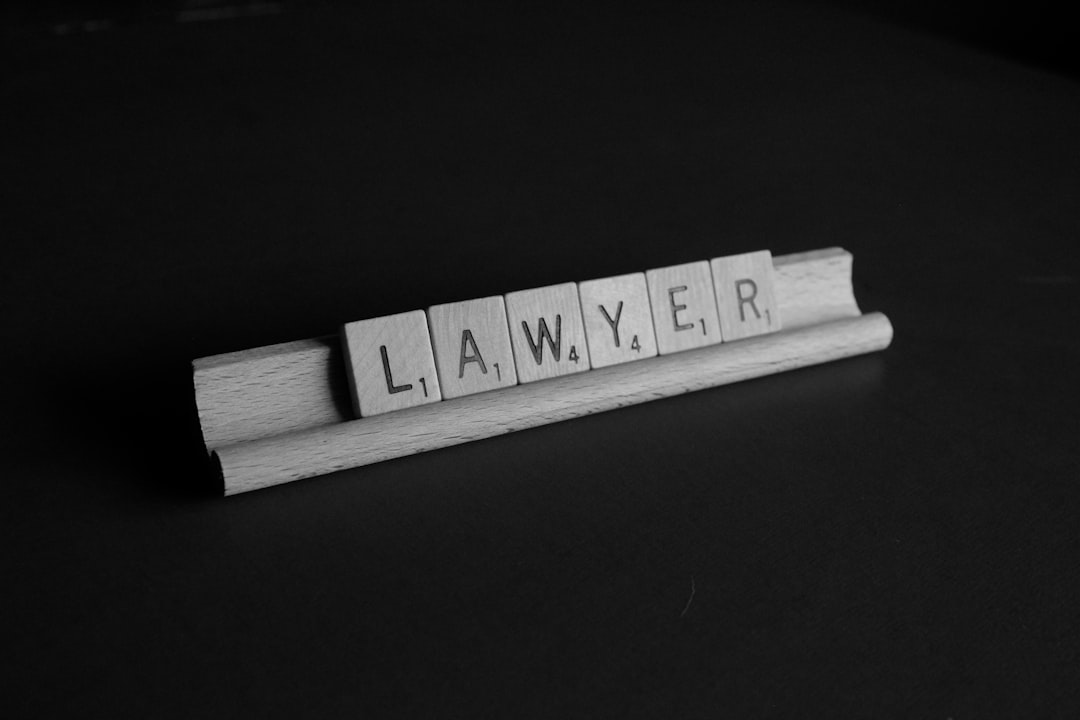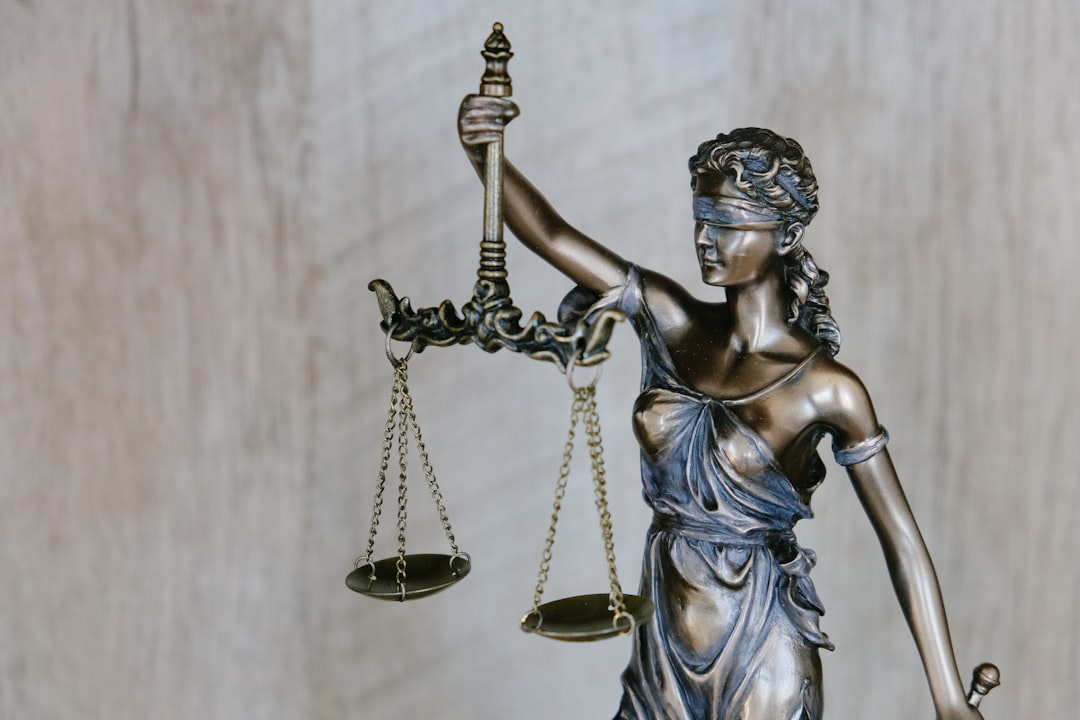In Rhode Island, sexual abuse victims deserve protection and justice. A specialized sexual abuse lawyer plays a crucial role in navigating complex legal landscapes and advocating for victims’ rights. This article delves into the intricacies of sexual abuse law in Rhode Island, highlighting the essential role these attorneys play in protecting victims’ privacy while pursuing accountability. We explore steps survivors should take after an incident and provide guidance on finding the right sexual abuse lawyer to ensure their case receives the attention it deserves.
Understanding Sexual Abuse Law in Rhode Island

In Rhode Island, sexual abuse is taken extremely seriously, with laws in place to protect victims and hold perpetrators accountable. A sexual abuse lawyer in Rhode Island plays a pivotal role in navigating this complex legal landscape, ensuring that victims’ rights are protected and justice is served. The state has strict statutes of limitations and specific laws addressing various forms of sexual misconduct, including assault, harassment, and exploitation. These laws not only define what constitutes sexual abuse but also outline the procedures for filing charges and seeking compensation.
A qualified sexual abuse lawyer in Rhode Island is well-versed in these legalities, providing crucial support to victims who may feel vulnerable and intimidated by the legal process. They guide clients through the initial reporting of abuse, gathering evidence, and understanding their legal options. Furthermore, they advocate for victims’ rights, ensuring that they receive fair treatment throughout the legal journey, ultimately aiming to protect and empower those affected by sexual abuse.
The Role of a Specialized Lawyer

When facing sexual abuse, having a specialized lawyer in Rhode Island by your side is invaluable. These legal professionals are experts in navigating complex laws and procedures related to sexual assault cases. They understand the emotional and psychological trauma victims often endure and provide tailored support.
A sexual abuse lawyer in Rhode Island plays a pivotal role in advocating for victims’ rights and ensuring they receive justice. They offer guidance, help build strong cases, and represent clients in court. Their expertise includes understanding the legal definitions of sexual abuse, collecting and preserving evidence, and working with medical professionals to document injuries or other physical manifestations of the abuse. This specialized knowledge is crucial in securing favorable outcomes for victims seeking redress and closure.
Protecting Victims' Rights and Privacy

When a person becomes a victim of sexual abuse in Rhode Island, they need a dedicated advocate to protect their rights and ensure their privacy. A sexual abuse lawyer plays a crucial role in this process, guiding victims through the complex legal system while maintaining strict confidentiality. They understand the sensitivity of these cases and work diligently to safeguard the personal information of their clients.
Victims often face additional trauma by having their intimate details exposed during legal proceedings. The attorney’s primary focus is to secure justice for the victim while preserving their privacy. This involves utilizing legal strategies that allow for evidence to be presented in a way that does not publicly disclose the victim’s identity, ensuring their safety and peace of mind throughout the legal process.
Steps to Take After an Incident of Sexual Abuse

If you or someone you know has experienced sexual abuse, it’s crucial to take immediate action to protect yourself and your rights. The first step is to seek medical attention as soon as possible. This isn’t just about physical injuries; a doctor can also provide evidence and document any signs of assault, which are essential for a potential legal case. Additionally, report the incident to local law enforcement to initiate an official investigation.
Next, consider reaching out to a sexual abuse lawyer in Rhode Island. Legal professionals specializing in this field can guide victims through the complex justice system and help them understand their options. They can collect evidence, interview witnesses, and represent you in court to ensure your rights are protected and that the perpetrator faces consequences for their actions.






